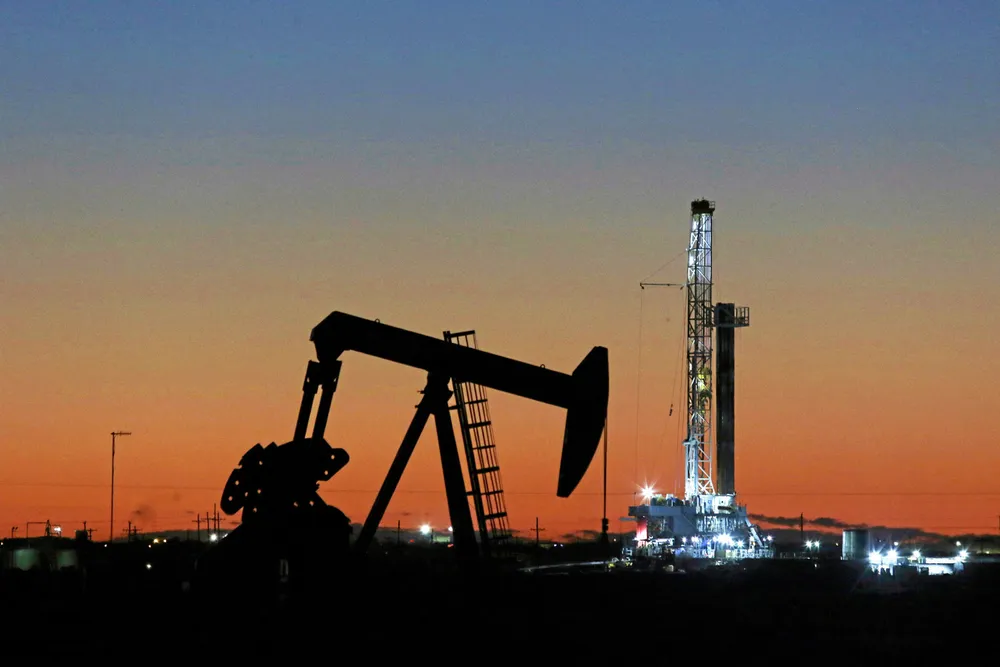Texas could become carbon capture leader with help from legislature and regulators: report
New report shows how support from state leadership could help Texas become a carbon capture powerhouse

New report shows how support from state leadership could help Texas become a carbon capture powerhouse
